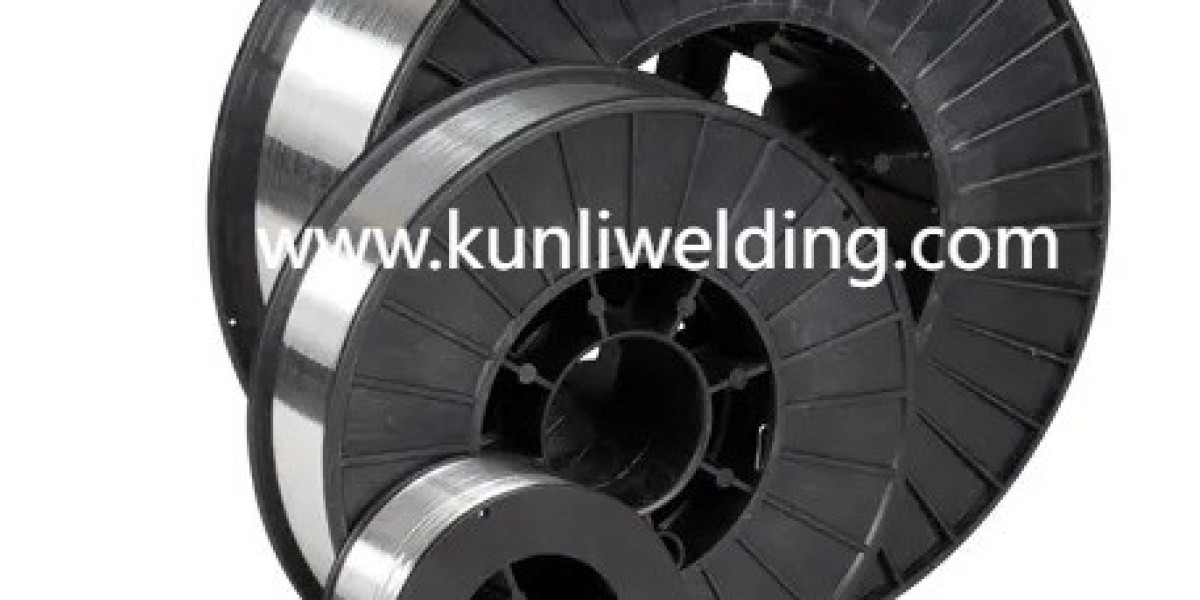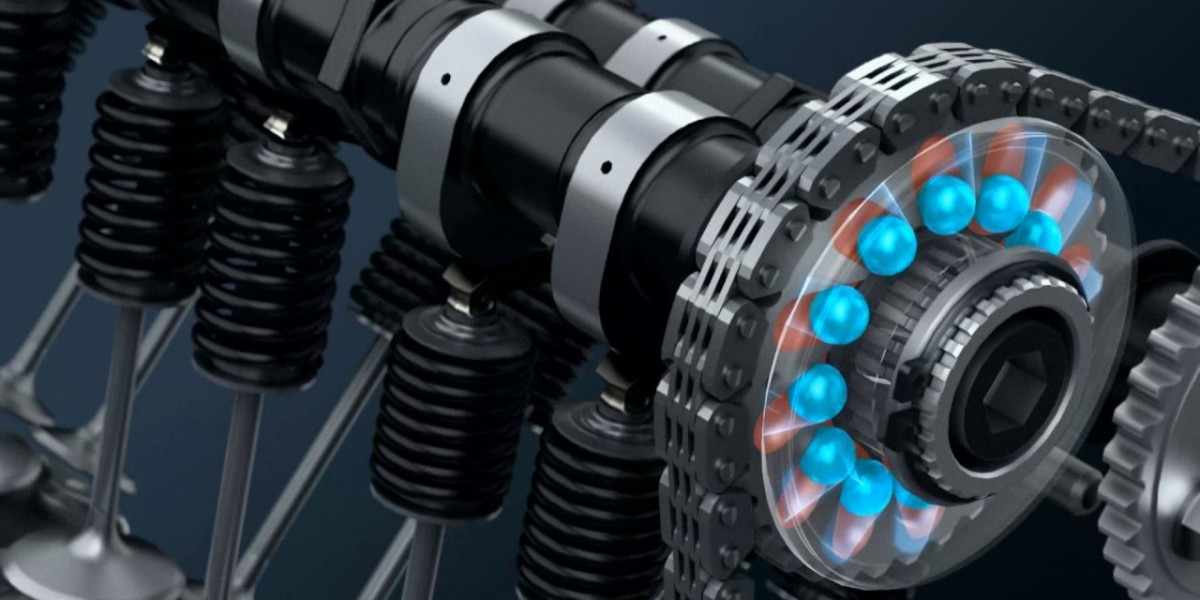Building resilience in automotive supply chains has become a strategic priority for manufacturers facing global disruptions. Aluminum Mig Wire Manufacturers step up to this challenge by offering domestically produced welding consumables that ensure uninterrupted production for vehicle assembly plants. Local sources of high-quality ER5183 filler metal enable automakers to sustain frame welding, body repairs, and battery enclosure fabrication even when overseas shipments stall or logistics bottlenecks emerge. This homegrown supply model reduces lead times, buffers against international trade uncertainties, and strengthens the entire value chain from stamping presses to final assembly lines.
Recent strains on worldwide shipping networks have underscored the risks of relying solely on distant suppliers. When port congestion and container shortages hit, plants experience pinch points in critical processes such as aluminum body panel joining and underbody enclosure seam welding. By partnering with national Aluminum Mig Wire Manufacturers, engineering teams can plan just-in-time replenishment with confidence. These producers often maintain multiple casting and drawing centers across the region, balancing production volumes and diversifying risk. As a result, fabrication shops maintain steady throughput, avoiding costly production stoppages that cascade through dealer networks.
Automotive OEMs also benefit from closer collaboration with local wire producers. R&D teams work hand in hand with manufacturers to fine-tune alloy chemistries, optimizing magnesium content for corrosion resistance in battery trays and chassis rails. Short feedback loops allow rapid iteration on flux-cored wire formulations, ensuring stable arcs and minimal spatter in robotic and manual MIG cells alike. This level of co-development accelerates the launch of new vehicle platforms, as prototype lots arrive promptly without transcontinental transit times.
Sustainability goals further align OEMs with domestic wire makers. Regional production reduces the carbon footprint associated with long-distance freight, supporting corporate environmental objectives. Many Aluminum Mig Wire Manufacturers implement closed-loop recycling of off-spec wire and dross, reclaiming aluminum for reuse in fresh casting batches. Energy-efficient melting furnaces and induction heating processes further lower emissions, helping automakers demonstrate greener supply chains to eco-conscious consumers and regulatory bodies.
Quality assurance remains critical when substituting global sources with local partners. Leading MEMS-based production lines and inline optical inspection systems ensure each spool meets stringent dimensional and compositional tolerances. Automated packaging stations seal reels in moisture-barrier wraps, protecting wire from corrosion during storage and lifting. Plant engineers report that such rigorous controls translate into more consistent bead profiles and fewer robot stoppages due to feed jams or inconsistent melting, thereby boosting overall equipment effectiveness (OEE).
In addition to high-volume orders, specialty lines-such as those for aluminum-intensive electric vehicles-require small-batch flexibility. Domestic wire producers often maintain pilot lines capable of producing trial reels of novel alloy blends, serving one-off contract requirements for limited-run models. Fabricators appreciate this nimble responsiveness when ramping up production of niche variants, FoD kits, or performance-oriented trim lines. By contrast, overseas suppliers may require minimum order thresholds or lengthy custom tooling lead times, hampering rapid market experiments.
Workforce skills development also benefits from local partnerships. Welding schools and technical institutes collaborate with wire makers to deliver training on ER5183 metallurgical behavior, deposition parameters, and joint design. Apprentices learn how current settings, travel speeds, and shielding gas selections impact corrosion resistance and fatigue life. This investment in human capital supports a deeper bench of skilled operators, reducing reliance on external training firms and fostering long-term industry-academia synergy.
When sudden market swings occur-whether due to regional lockdowns, energy price shocks, or raw material shortages-a robust domestic wire network provides built-in resilience. Strategic stockpiles at regional distribution hubs safeguard against brief disruptions, while collaborative forecasting agreements help producers align melt schedules with expected demand. This coordinated planning model transforms volatile supply conditions into predictable workflows, allowing automotive plants to absorb shocks without cutting production.
In an era of electrified mobility, battery enclosure welding stands out as a critical application for aluminum MIG wires. The superior fatigue resistance and conductivity of ER5183 formulations make it the material of choice for joining heat exchanger tubes and busbar assemblies. By securing reliable replenishment from local Aluminum Mig Wire Manufacturers, OEMs ensure that each EV platform meets durability and performance benchmarks, reinforcing consumer confidence in emergent electric models.
For automotive supply chains seeking to fortify their operations against external shocks, domestic welding wire partnerships offer a clear path forward. To explore customized ER5183 solutions and secure a resilient consumables supply, visit www.kunliwelding.com .








